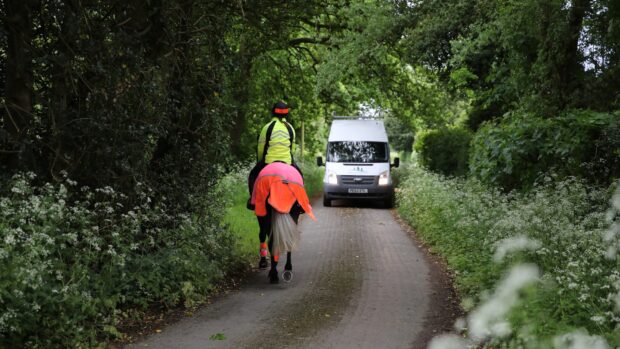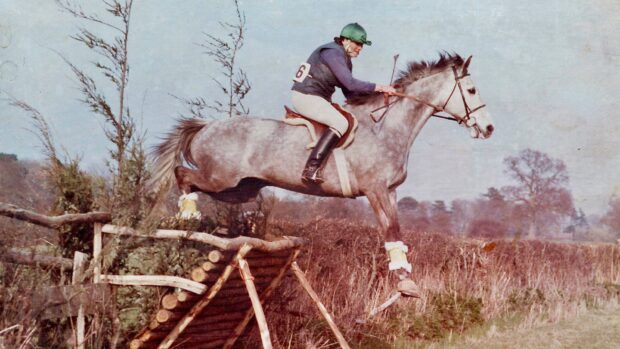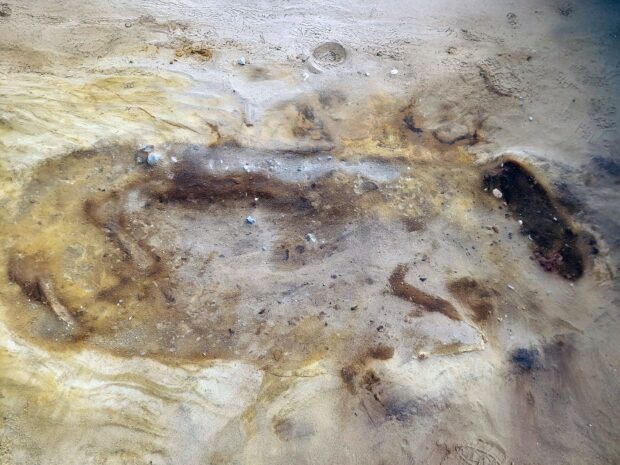A new governing body for certified equine dental technicians is to be put in place following the successful inaugural advanced equine dentistry exam at the Royal Veterinary College in Edinburgh yesterday.
Tim Greet, a former president of the British Equine Veterinary Association (BEVA), who has played a major role in developing the new exam, said: “The new body will be responsible for the regulation of equine dental technicians to ensurethat high standards of care and workmanship are maintained. The association, which will represent certified equine dental technicians, will also be responsible for self-regulation of its members.
“At present the law allows anyone to place a large piece of metal into a horse’s mouth and rasp its teeth, while the removal of broken or diseased teeth remains within the remit of the veterinary profession. This lack of restriction enables both ‘cowboys’ and good technicians to work alongside each other which means that horse owners often find it difficult to distinguish the wheat from the chaff.
“The new exam and governing body will produce certified equine dental technicians who the veterinary profession and horse owners can be confident in using.”
However, the new dental technicians association cannot be established until a change in the current law regarding veterinary surgeons is put in place.
“An exemption order is required to enable equine dental technicians to undertake level II work [the removal of diseased and damaged teeth, removal of sharp spikes with motorised cutting equipment, etc] before a BEVA and BVDA (British Veterinary Dental Association) approved body can be formed.”
It is also hoped that the association will help improve relationships between veterinary surgeons and equine dental technicians.
“Equine dental technicians will only be able to undertake work which is more technical than basic rasping under the agreement of the vet who normally cares for the horse,” says Tim. “Horse owners will have to ask their vet before any level II work can begin.
“In the future horse owners will be able to make an informed decision about who cares for their horse’s teeth – the winner must be the horse.”



